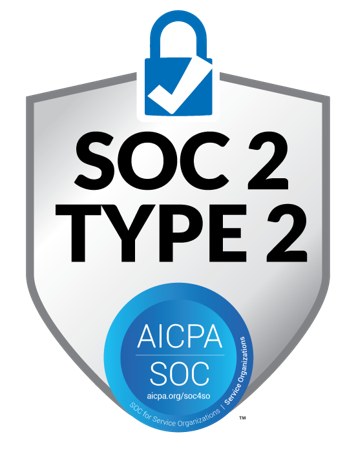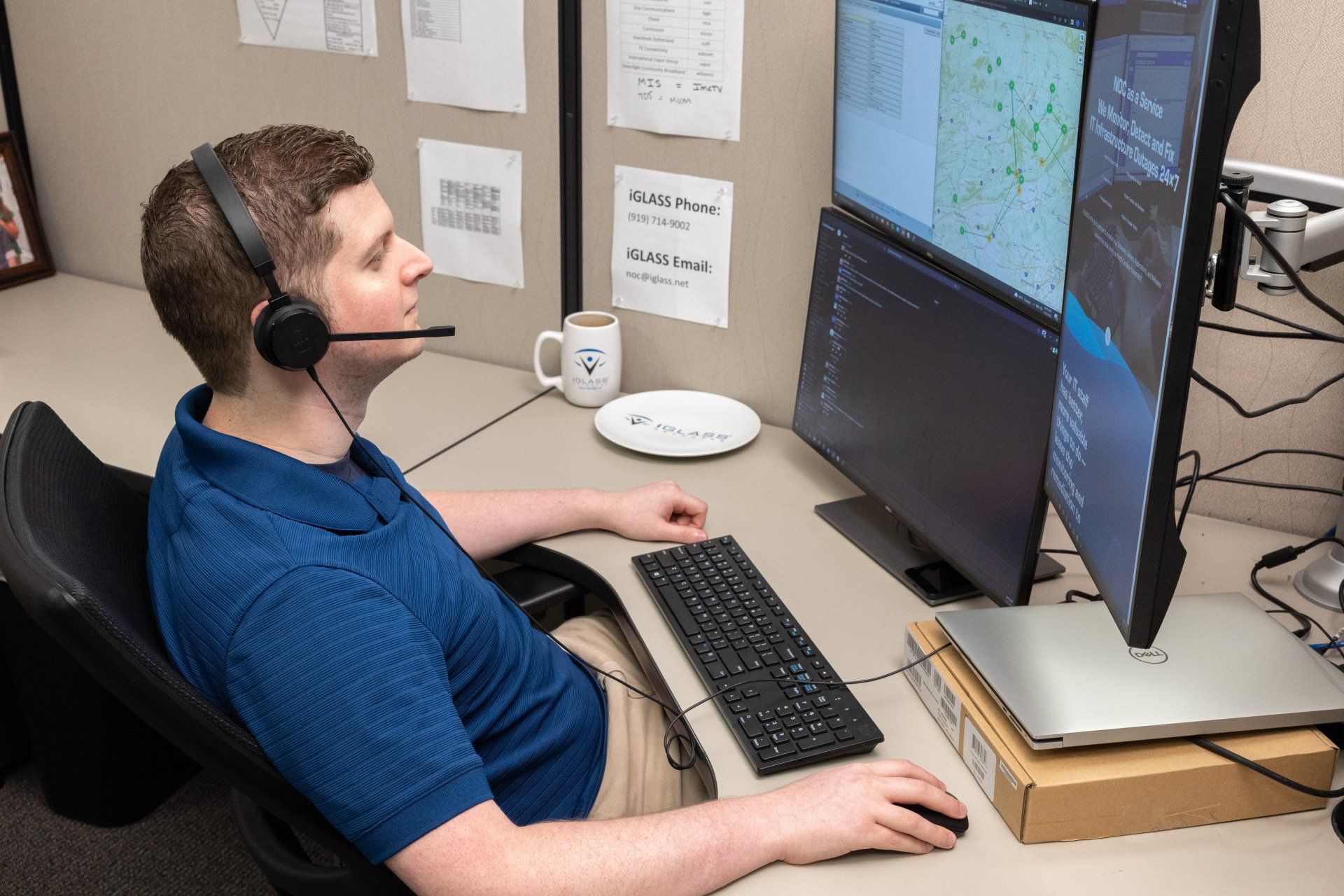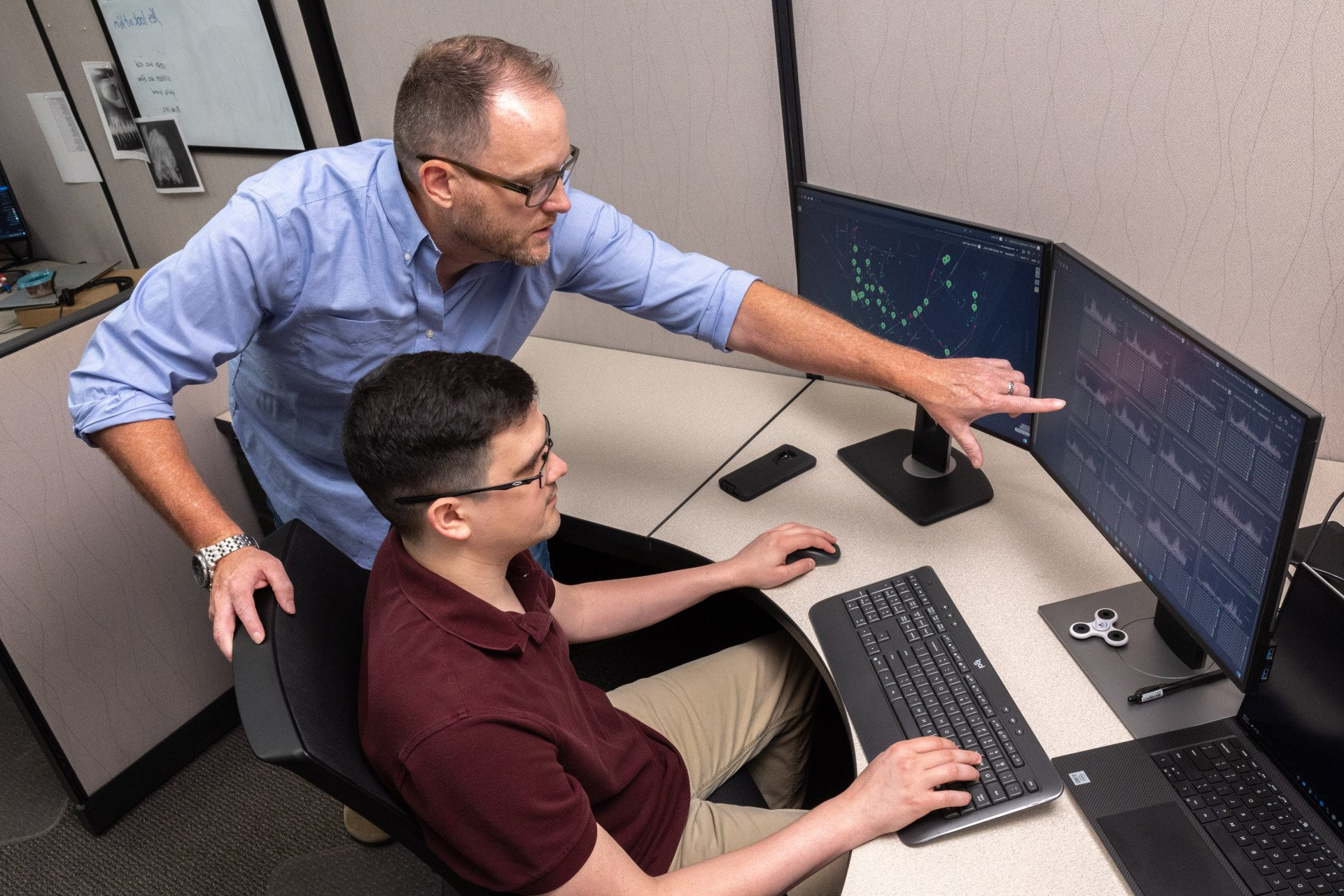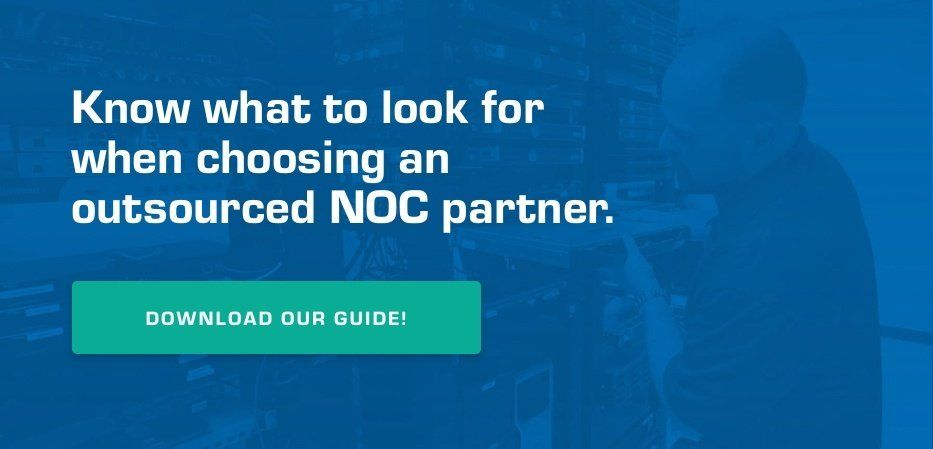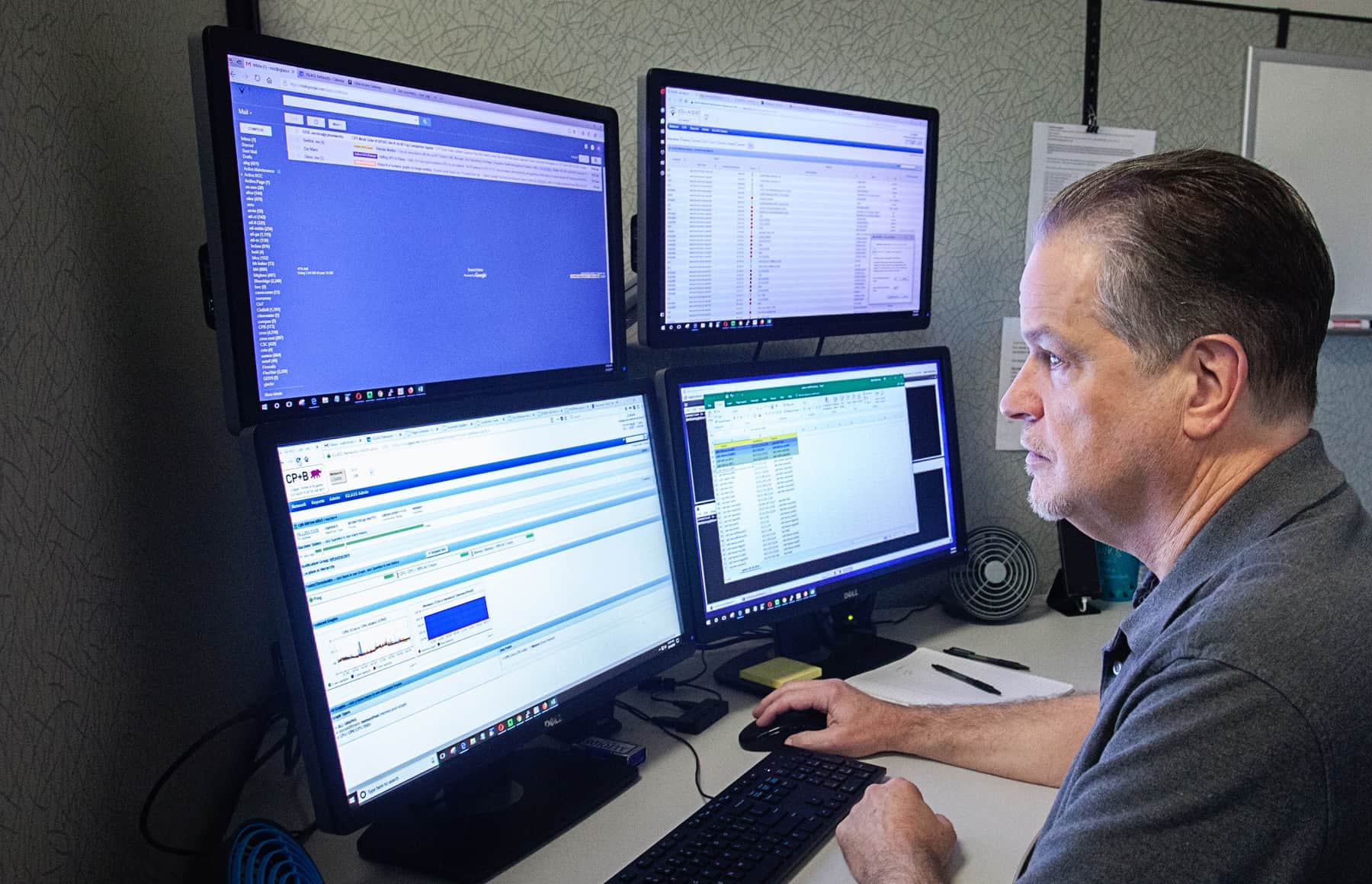Many people use the terms NOC and Help Desk interchangeably, but it’s important to know they’re not one and the same. Although the two often work together, there are key distinctions between the two.
Broadband Help Desk Providers Provide Support to Individual Subscribers
A help desk is a critical support system that focuses on assisting end-users with technical issues they encounter. These inquiries are typically initiated through various channels like chat, web forms, email, or phone calls. The primary aim of a help desk is to provide reactive support and promptly resolve incidents or tickets raised by users.
A broadband help desk partner offers a range of managed service tasks including:
- Provisioning Modems, ONTs and Gateways
- Troubleshooting Hardware and Software Issues
- Assisting End-users with Malware/Virus Removal
- Providing Email Configuration/Access Support
- Helping with WiFi/SSID Settings
- Resetting Forgotten or Expired Passwords
- Providing Remote Access Support
Broadband operators have a number of help desk options available to them:
- Build and Staff an Internal Help Desk: While this offers flexibility and customization, it can be costly.
- Hire a Help Desk Partner: This option provides quick setup with a professional staff ready to offer support. It's especially beneficial for startups or smaller broadband operators as it can also provide cost-effective 24x7 support.
- Implement a Hybrid Approach: By combining an internal help desk with a help desk partner, you can ensure support during business hours and seamless support after hours or during busy periods.
Outsourced NOC Services Partners Focus on Your Core Networks
In contrast to help desks that focus on end-users, a NOC Partner concentrates on your core networks, servers, applications and websites. Acting as a mission control center, the NOC partner monitors and manages your network's performance, availability and operability. This proactive approach aims to minimize outage duration, customer churn and dissatisfaction.
Key responsibilities of a NOC Partner include:
- Monitoring critical systems and metrics behind the scenes.
- Taking immediate action during impairments or outages and coordinating with your staff and vendors for restoration.
- Offering remediation for issues, such as rebooting systems, opening carrier tickets, or dispatching technicians.
- Resolving network issues before end-users are affected, thereby reducing the mean time to repair (MTTR), when outages occur.
An excellent NOC partner provides full transparency and visibility from the core network down to the subscriber equipment in homes and businesses. Some specific tasks that a NOC can handle include:
- Turn-key Administration of the NMS (network management system).
- Integrated support for disparate platforms and systems, including DOCSIS, PON, Fixed Wireless and Digital Video, eliminating the need for maintaining and accessing multiple tools.
- 24x7 "Eyes on Glass" with a NOC staffed by professional subject matter experts.
- Access to real-time operations data via a mobile application or Internet Portal.
- Remote access to the NMS from the field.
Choosing between outsourcing the NOC function or building an in-house NOC requires careful consideration all of the upfront and hidden costs associated with each. Failure to do so will expose you to the unmitigated costs associated with outages which a NOC ensures against.
If you've decided that expert expert outsourced NOC services are the way to go but are unsure where to start, our free guide to choosing a NOC partner can help. Discover what to look for, key services and features to prioritize, important questions to ask, and more!
